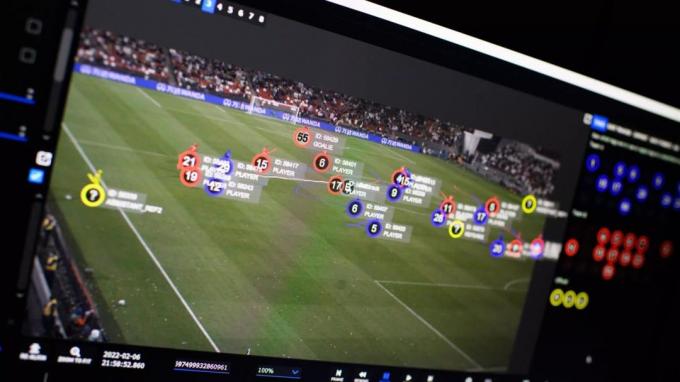A arabiait is seen as the cradle of Arab civilization. bathed by Indian Ocean and by the Red Sea, it is located in the Middle East.
Therefore, solve the exercises on Arabia before Islam that the Escola Educação team selected for you!
see more
Scientists use technology to unlock secrets in ancient Egyptian art…
Archaeologists discover stunning Bronze Age tombs in…
Exercises on Arabia before Islam
1- The Arab culture resulted from traditions originating from which regions?
a) Middle East, West Asia and America.
b) Europe, West Asia and North Africa.
c) West Asia, North Africa and America.
d) Middle East, West Asia and North Africa.
2- Is Arabia an independent region of the Muslim religion?
a) Yes, because it includes Jews, Christians and pagans.
b) No, because Arabia is a state formed solely by Muslims.
c) Yes, because it includes not only Muslims but also Jews.
d) No, because only individuals who follow Islam can inhabit Arabia.
3- Arabia is a region in the Middle East known for being the birthplace of which religion?
a) Catholicism.
b) Protestantism.
c) Islam.
d) Buddhism.
4- Before Islam, Arabia was inhabited by several tribes that:
a) they had no political unity, they lived from the extraction of metals and were polytheistic (believed in more than one god).
b) they had no political unity, they lived from grazing and were polytheistic (believed in several gods).
c) had political unity, lived from grazing and were monotheistic (believed in more than one god).
d) they had no political unity, they lived from grazing and were polytheistic (they believed in only one god).
5- How was the economy of Arabia before Islam?
a) The economy of Arabia before Islam was based on the calendar, which dictated the religious festivals of the various gods.
b) The economy of Arabia before Islam was based on the calendar, which dictated the commercial exchanges that would be carried out in the period in question.
c) The economy of Arabia before Islam was based on the calendar, which dictated the religious festivals of the god of Islam.
d) The economy of Arabia before Islam was based on the calendar, which determined the favorable months for commercial exchanges.
6- Which Arab city was considered a religious and commercial center?
a) Dubai.
b) Ajman.
c) Mecca.
d) Abu Dhabi.
7- (FGV SP) The Hijrah, one of the most important events in Islam and which marks the beginning of the Islamic calendar, corresponds to:
a) Muhammad's triumphal entry into Mecca in 630.
b) Muhammad's marriage to a rich widow who owned camels.
c) the flight of Muhammad and his followers from Mecca to Medina.
d) to Muhammad's revelation transmitted to him by the archangel Gabriel.
e) the great fire of the Kaaba in Mecca in 615.
8- Why were the merchants of Mecca frightened by the emergence of Islam?
a) Because they feared that the pilgrimages to Mecca would end due to the prohibition of other religions.
b) Because they feared that the pilgrimages to Mecca would end due to lack of supplies to supply the population.
c) Because they feared that the pilgrimages to Mecca would end due to the aggressiveness of the Islamic State.
d) Because they feared that pilgrimages to Mecca would end due to the worship of only one deity.
9- Who was the greatest prophet of Islam?
a) Mohammed.
b) Jesus Christ.
c) Buddha.
d) Amon-Ra.
10- (Vunesp) Islamism, an ideology spread from the High Middle Ages, in which political power is confused with religious power, was endowed with a certain heterogeneity, which can be seen in the existence of rival sects as:
a) polytheists and monotheists.
b) Sunnis and Shiites.
c) Christians and muezzins.
d) Sunnis and Christians.
e) Shiites and polytheists.
feedback
1-D
2- The
3-C
4- B
5- A
6-C
7-C
8- D
9- A
10-B
See more at:
- Who was Mohammed?
- Sunnis and Shiites
- Religious intolerance

